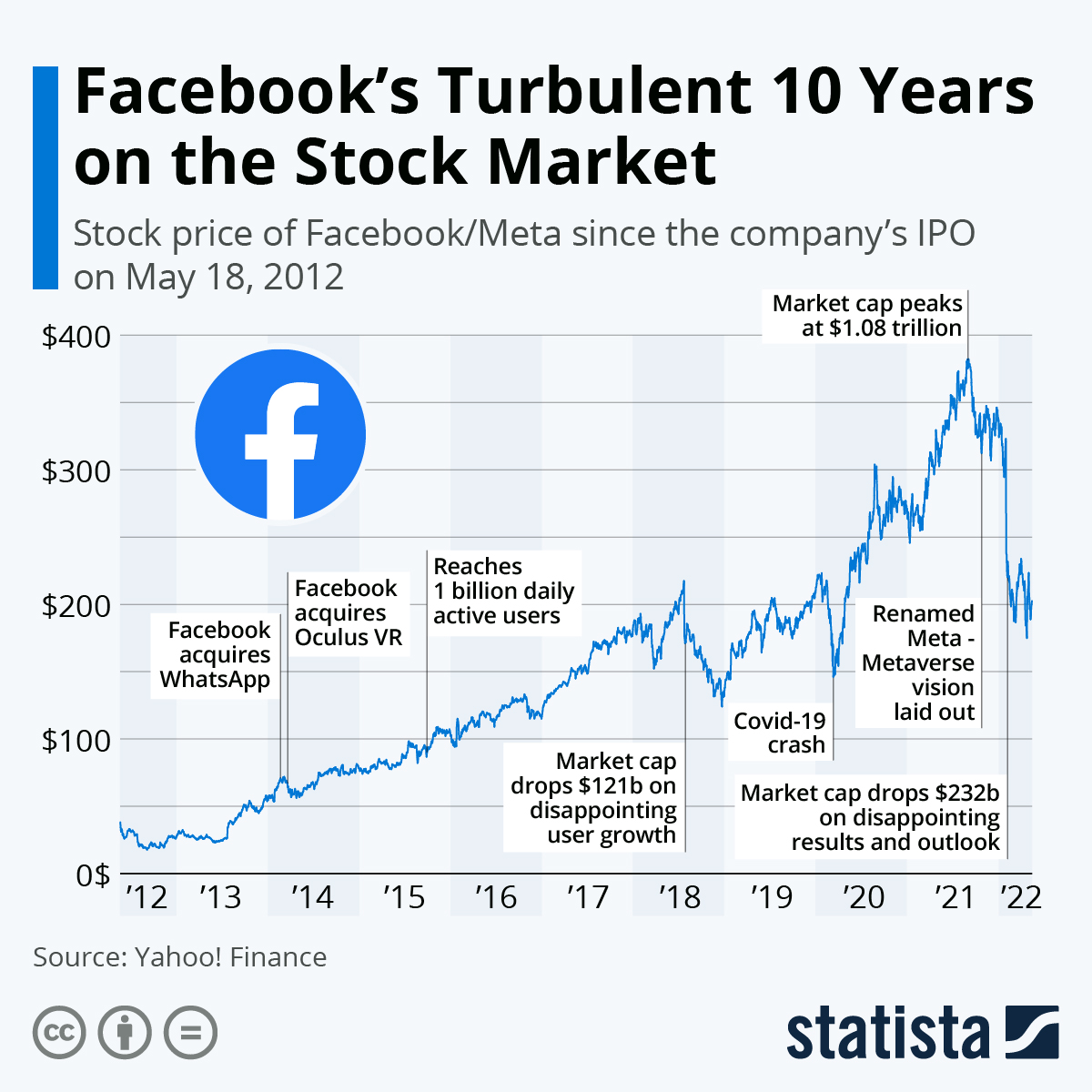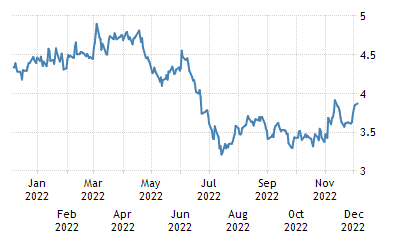
You will need to find the best brokerage accounts, regardless of whether you are looking to trade stocks or diversify your portfolio. There are two types of brokerages. These are full service and discount brokerages. You can choose from a variety of benefits and features, so it is easier to find the right one.
For beginners, discount brokerage accounts are a great option. These accounts allow you to learn the basics of investing and give you free reign over your account. These accounts provide access to all of the tools you will need to invest. They may be beneficial for investors who are more experienced.
Full service brokerage accounts allow for professional portfolio management. There is an additional charge. They are a good option for anyone who is just beginning to invest, or has enough money to do so. They can also provide stock tips and advice.

Researching your options is key to finding the best brokerage account. It is important to evaluate your investment style and the features offered by each broker. JP Morgan's Selfdirected investing account is a good choice for casual investors. Betterment can help you build a sophisticated portfolio. Betterment helps you build a portfolio based on your risk tolerance and personal goals. There are 60 pre-made portfolios that have been carefully crafted for the account. The account can also set up auto-pilot. This allows you to create your own portfolio, without having to manage your account.
Both Fidelity and Charles Schwab are top choices for investors, and both offer a wide variety of investment choices. Both brokerages offer exceptional customer service as well as excellent research tools. You can use these brokerages to build a diversified portfolio that you can grow over the long term.
Vanguard is another excellent choice. Vanguard offers low fees and specializes in ETFs. They also offer commission free trades on some mutual funds, which is common in IRAs.
M1 Finance, a great choice for anyone who wants a managed portfolio of stocks, is also an excellent option. They offer more than 60 pre-made portfolios as well as the option to create your own portfolios and have them managed on autopilot. They also offer a free automated account package, which includes a 30% cash position and 0.30% per annum in fees.

Interactive Brokers is another great choice for stock traders. It provides a powerful trading platform, as well as access to more than 135 financial markets in 33 countries. Interactive Brokers has no account minimums or inactivity fees.
Ally Invest, a great option for anyone who wants to manage all of their financial affairs from one account, is another great choice. They offer many services, including wealth management and investment advice. Although they don't specialize, their portfolios include core portfolios that are socially responsible and tax-optimized. They are well-known for their low trade rates for active traders.
FAQ
What is the difference of a broker versus a financial adviser?
Brokers specialize in helping people and businesses sell and buy stocks and other securities. They take care of all the paperwork involved in the transaction.
Financial advisors are specialists in personal finance. They help clients plan for retirement and prepare for emergency situations to reach their financial goals.
Financial advisors can be employed by banks, financial companies, and other institutions. Or they may work independently as fee-only professionals.
If you want to start a career in the financial services industry, you should consider taking classes in finance, accounting, and marketing. It is also important to understand the various types of investments that are available.
What is the difference in the stock and securities markets?
The securities market refers to the entire set of companies listed on an exchange for trading shares. This includes stocks as well options, futures and other financial instruments. Stock markets can be divided into two groups: primary or secondary. Stock markets that are primary include large exchanges like the NYSE and NASDAQ. Secondary stock markets allow investors to trade privately on smaller exchanges. These include OTC Bulletin Board Over-the-Counter, Pink Sheets, Nasdaq SmalCap Market.
Stock markets are important for their ability to allow individuals to purchase and sell shares of businesses. Their value is determined by the price at which shares can be traded. The company will issue new shares to the general population when it goes public. Dividends are paid to investors who buy these shares. Dividends are payments that a corporation makes to shareholders.
Stock markets not only provide a marketplace for buyers and sellers but also act as a tool to promote corporate governance. Boards of Directors are elected by shareholders and oversee management. Boards make sure managers follow ethical business practices. In the event that a board fails to carry out this function, government may intervene and replace the board.
What is a REIT and what are its benefits?
A real estate investment trust (REIT) is an entity that owns income-producing properties such as apartment buildings, shopping centers, office buildings, hotels, industrial parks, etc. They are publicly traded companies that pay dividends to shareholders instead of paying corporate taxes.
They are very similar to corporations, except they own property and not produce goods.
Who can trade on the stock market?
The answer is yes. Not all people are created equal. Some have greater skills and knowledge than others. They should be rewarded for what they do.
However, there are other factors that can determine whether or not a person succeeds in trading stocks. If you don’t have the ability to read financial reports, it will be difficult to make decisions.
Learn how to read these reports. Understanding the significance of each number is essential. Also, you need to understand the meaning of each number.
You'll see patterns and trends in your data if you do this. This will enable you to make informed decisions about when to purchase and sell shares.
If you're lucky enough you might be able make a living doing this.
How does the stock market work?
By buying shares of stock, you're purchasing ownership rights in a part of the company. Shareholders have certain rights in the company. He/she is able to vote on major policy and resolutions. He/she has the right to demand payment for any damages done by the company. And he/she can sue the company for breach of contract.
A company cannot issue more shares than its total assets minus liabilities. This is called "capital adequacy."
A company with a high ratio of capital adequacy is considered safe. Companies with low capital adequacy ratios are considered risky investments.
How are shares prices determined?
Investors who seek a return for their investments set the share price. They want to make money with the company. They buy shares at a fixed price. If the share price increases, the investor makes more money. If the share value falls, the investor loses his money.
An investor's main goal is to make the most money possible. This is why investors invest in businesses. It allows them to make a lot.
Why is a stock called security.
Security refers to an investment instrument whose price is dependent on another company. It could be issued by a corporation, government, or other entity (e.g. prefer stocks). The issuer promises to pay dividends to shareholders, repay debt obligations to creditors, or return capital to investors if the underlying asset declines in value.
What is security in the stock exchange?
Security is an asset that generates income for its owner. The most common type of security is shares in companies.
Different types of securities can be issued by a company, including bonds, preferred stock, and common stock.
The earnings per share (EPS), as well as the dividends that the company pays, determine the share's value.
Shares are a way to own a portion of the business and claim future profits. If the company pays you a dividend, it will pay you money.
You can always sell your shares.
Statistics
- Ratchet down that 10% if you don't yet have a healthy emergency fund and 10% to 15% of your income funneled into a retirement savings account. (nerdwallet.com)
- "If all of your money's in one stock, you could potentially lose 50% of it overnight," Moore says. (nerdwallet.com)
- Individuals with very limited financial experience are either terrified by horror stories of average investors losing 50% of their portfolio value or are beguiled by "hot tips" that bear the promise of huge rewards but seldom pay off. (investopedia.com)
- For instance, an individual or entity that owns 100,000 shares of a company with one million outstanding shares would have a 10% ownership stake. (investopedia.com)
External Links
How To
How can I invest in bonds?
You will need to purchase a bond investment fund. You will be paid back at regular intervals despite low interest rates. You can earn money over time with these interest rates.
There are many different ways to invest your bonds.
-
Directly buying individual bonds.
-
Buying shares of a bond fund.
-
Investing through a bank or broker.
-
Investing through financial institutions
-
Investing via a pension plan
-
Directly invest through a stockbroker
-
Investing through a Mutual Fund
-
Investing with a unit trust
-
Investing through a life insurance policy.
-
Investing with a private equity firm
-
Investing with an index-linked mutual fund
-
Investing via a hedge fund